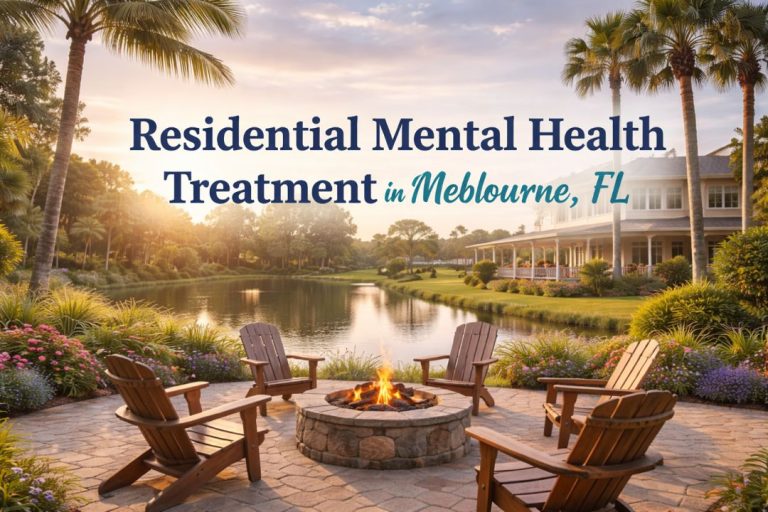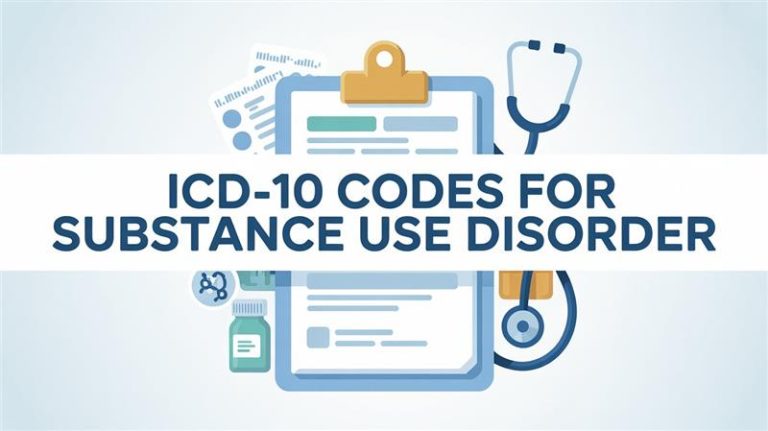The complete spectrum of mental health problems annually disrupts the lives of many individuals. Individuals who experience anxiety, depression, or bipolar disorder need extended healing periods and appropriate support with patient dedication. Medical treatment methods such as therapy together with medication keep their role as cornerstones of mental health care; however, the recovery path also relies heavily on the impact that support groups generate. These groups provide members with essential elements for healing, thus promoting long-term recovery by providing belonging and understanding along with hope.
This blog will discuss the definition of support groups together with their recovery mechanism and their vital importance before examining the available types of support groups. The knowledge about support groups’ benefits will guide your or your loved ones’ recovery journey from mental health challenges.
Understanding the Function of Support Groups
Organized groups of people who face related conditions and experiences conduct structured meetings at specific times. Support groups exist with trained facilitator or therapist oversight while other groups are organized by their members. The space aims to establish a risk-free zone without critical thoughts so members can share their thoughts and gain knowledge and emotional strength from group members.
Mental health support groups provide social and emotional peer assistance as an additional service that gives patients supplemental clinical care. These groups are accessible across mental health residential treatment facilities together with mental health treatment centers and online community platforms.
What is the Function of Support Groups in Mental Health Recovery?
Support groups help individuals recover from mental illness through four key functions which are emotional validation and information sharing and accountability plus isolating reduction. Let’s break these down:
1. Emotional Validation
The biggest advantage of joining a support group is that participants receive acknowledgement and understanding from the other members. The knowledge that personal experiences have company reduces feelings of shame and stigma for individuals. The process of both listening to others along with expressing deep feelings creates a positive experience by making mental experiences more relatable.
2. Learning and Coping Strategies
Many support group participants exchange useful suggestions alongside individual techniques which helped them handle their psychological well-being. The knowledge exchange between peers enhances the mental health treatment modalities presented by therapists by providing participants with new therapeutic tools.
3. Building a Sense of Belonging
An experience with mental health challenges creates a feeling of being alone despite seeking help. Such groups unite individuals who understand the mental health journey. The relationship between group members creates a hopeful atmosphere that encourages people through the belief that healing is achievable.
4. Motivation and Accountability
Participation in a support group helps members maintain consistency with their medical treatment because it supports their attendance of mental health appointments and medication use and self-care practices.
5. Reducing Relapse Risks
Support groups function as preventive services that operate both in residential healthcare facilities and when patients receive care outside of institutionalized settings. Environmental support through continuous involvement lowers recurrence probabilities through the advancement of proper practices and prompt detection of warning signals.
100% Confidential Support is Available 24/7
No matter what you’re going through, you’re not alone. Our dedicated team is here to provide a safe, judgment-free space where you can talk openly and honestly. Whether you need emotional support, resources, or just someone to listen.
We’re here for you—completely confidential and always respectful of your privacy. Call us today!
The Importance of Support Groups in Recovery
Support groups assist with immediate comfort services. A support program constitutes a fundamental component in full recovery plans. These support groups bring great importance to treatment because of the following key aspects:
1. Bridge Between Professional Help and Everyday Life
The structured clinical environment of inpatient treatment mental health programs and individual therapy receives supplemental support from support groups because they help patients apply learned skills in daily life. These programs provide the crucial connection between practical guidance received from professionals and normal daily life activities.
2. Long-Term Support
Recovery is a lifelong journey. The cessation of mental health residential treatment programs does not necessarily mean someone requires no further encouragement. Support groups provide an ongoing solution that people can keep using without end.
3. Enhance Emotional Intelligence
Support groups enable patients to recognize their emotions better while teaching them to empathize with others and strengthening communication abilities which constitute essential elements of mental health recovery.
4. Empowerment Through Shared Experience
The stories of success by other participants create a powerful motivation that uplifts everybody. People come to understand they can transform through support networks which enables them to dedicate themselves totally to their recovery.
5. Accessible and Flexible
Different support groups operate through virtual and in-person sessions according to their formats. The groups maintain inexpensive or zero admission costs which makes their services available to everyone regardless of their socioeconomic status.

Deland Treatment Solutions
Battling with Drug and Alcohol Addition? Remember, you are not alone and we are here to help you!
Why are Support Groups Important in the Recovery Process?
People cannot achieve transformation without support groups which offer more than friendly dialogue. Here’s why they are indispensable:
- Promote Consistency: Recovery requires routine and structure. Being aware of consistent weekly meetings makes you both accountable and more motivated to advance in your healing process.
- Reduce Stigma: Every group discussion about mental health destroys the social stigma and breaking the widespread silence which usually accompanies mental health issues.
- Encourage self-awareness: Talking about your thoughts externally reveals deeper understanding about emotional response and behavioral actions.
- Build a recovery network: Participating in group sessions creates an environment in which members learn to trust each other above external relationships that may lack strong familial bonds.
- Prevent emotional crises: The early disclosure of mental health challenges minimizes the risk of major mental health problems from developing.
The mental health treatment at DeLand Treatment Solutions includes Support Group Therapy under our holistic approach. Peers hold great potential for supporting personal development while providing stability to one’s life.
What Types of Support Groups are Available for Mental Health?
Each person requires a different path to receive support from groups. People need to experience multiple possibilities before identifying a solution which suits them effectively. The following discusses typical mental health support groups that exist in society:
1. Condition-Specific Groups
These support groups direct their attention to one particular diagnosis including depression, anxiety, bipolar disorder, PTSD and schizophrenia. Support groups enable their members to uncover extensive details about their condition while receiving specific assistance.
2. 12-Step and Peer Support Programs
Dual Recovery Anonymous (DRA) and Emotions Anonymous (EA) implement 12-step support structures that help people with mental health conditions after the format developed by Alcoholics Anonymous. Participants learn about spiritual development within these programs while gaining experience in personal accountability and building community relationships.
3. Therapist-Led Groups
Treatment facilities host these groups with more formal procedures. The programs merge standard mental health care strategies with time dedicated for peer networking. A therapist with a professional license both runs the group and provides clinical leadership throughout its sessions.
4. Online Support Communities
Virtual support groups experienced fast expansion throughout the last few years. People who reside in rural areas along with those with transportation problems and those seeking anonymous virtual engagements, will find these groups helpful.
5. Family Support Groups
Mental health conditions extend their influence beyond single people to cause effects on everyone in their network. Family-focused support groups teach both caregivers and relatives the methods for recovering individual support while maintaining their mental wellness.
6. LGBTQ+ Mental Health Support Groups
The LGBTQ+ support groups establish secure environments that enable minority community members to approach mental health problems linked with identity and discriminatory treatment.
7. Trauma-Informed Groups
People who recovered from abuse or experienced assault or any type of traumatic event can find healing as well as understanding within trauma-informed groups.

Help is Available for Mental Health
The mental health recovery process requires support groups to create its foundation. The group members receive the essential tools together with support and a universal community that allows them to recover from challenges toward personal growth. The emotional support along with reduced feelings of loneliness and combined knowledge among group members creates a remarkable addition to conventional mental health service delivery.
The recovery process works best when people choose to walk it alongside others through DeLand Treatment Solutions. The combination of our mental health residential treatment and inpatient treatment mental health and Support Group Therapy represents our whole-system healing method based on our knowledge of relationship healing power. Get in touch with our support staff when you require help with mental health needs. We’re here to help.





















